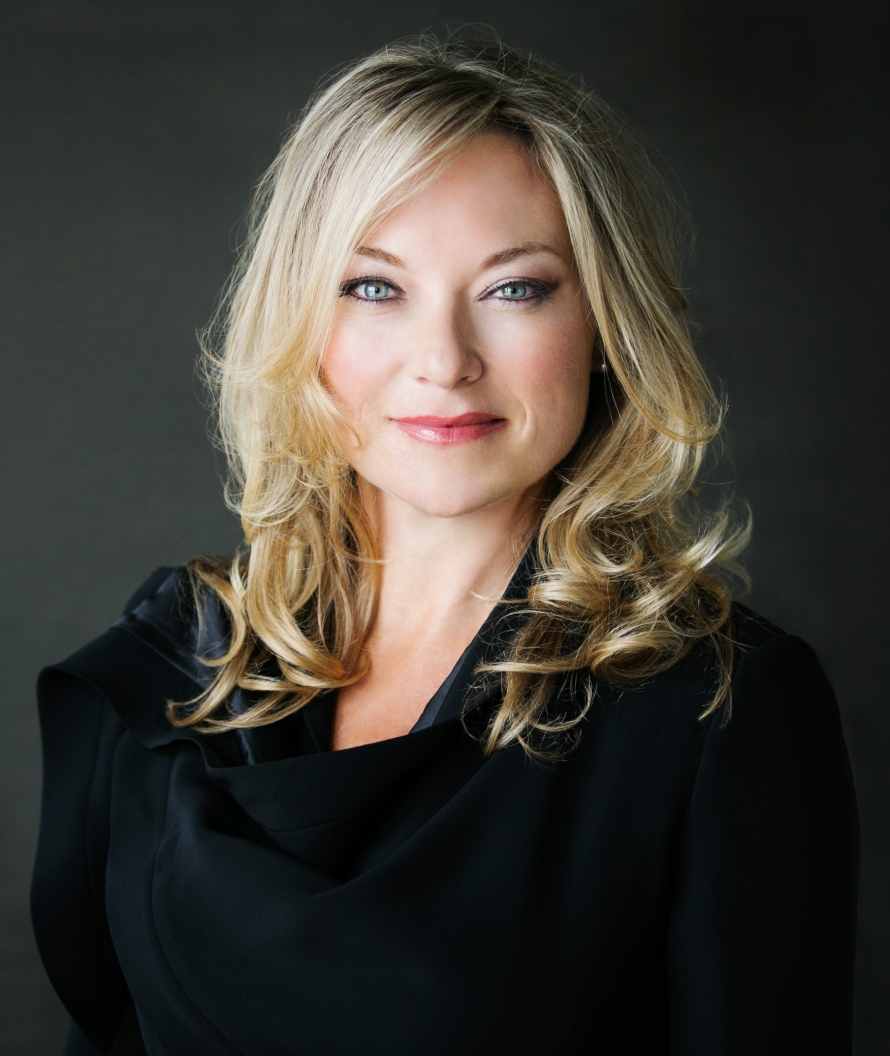By Madelyn Geyer, Photo by Amy Fletcher
Christie Morrow woke up one morning after a vivid dream. “I was on top of a mountain overlooking a coffee farm,” she reflects. “Two weeks later, I met a group of missionaries [who]are headquartered in Dripping Springs. They told me about what they’re doing in Nicaragua, taking care of the farmers and growing the economy. A few months later, I went to Nicaragua and…we looked at a million-dollar farm and a half-million-dollar farm. We went to the half-million-dollar farm and I got on top of that mountain. That was exactly my dream.”
Soon after, she sold every possession, purchased that farm, restored it and founded EDG Coffee. “There’s a sense of freedom that comes. You almost come alive after you let go of [worldly possessions],” she says. It wasn’t how Morrow had ever launched a business before, but she knew there was a larger purpose—and a higher power—at work. She’s now EDG’s VP of sales, promoting the ethical specialty-grade coffee at farmer’s markets and events. Morrow’s spiritual journey of “letting go and dying to myself” changed her life irrevocably. She shares five core values that both impact her life and serve as the foundation of EDG Coffee.
Prayer
This all started from prayers and from a dream that I believe God gave me. The confirmation of meeting the missionaries two weeks later, and then I go visit the farm in Nicaragua—the numbers and everything just lined up. I know prayer is the most important thing to do first in my faith. God has shown me that by listening—listening to that dream—I can move forward. That’s a huge leap of faith. But I’m going to tell you joy and peace has come over, and my purpose in life is so full.
Excellence
I’ve always had a motto: If it’s worth doing, it’s worth doing right. There’s a stigma about ministries having a coffee farm and how they produce mediocre coffee. When I got into the specialty world, I learned that there’s a difference between coffee that isn’t cleaned properly and ethically sourced and what specialty coffee is. Getting involved with the specialty coffee association and understanding that it has a lot to do with taking care of the producers, the farmers, the ones who never get paid enough. With that specialty term, you have to go through a process of cleaning the coffee with dedication and excellence to make it a specialty grade. I told the ministry [when]I bought this, “If I’m going to be involved in this in any way, it needs to be excellent.”
Ethical

I always felt that before I even got into this business, I wanted to take care of the underserved. The ethical aspect is part of my spiritual journey as well. Most people don’t know where their coffee’s coming from. It may have gone through five, six, seven hands before it reaches you. We are quality controlled on the farm side, where we plant the seeds, engage with the farmers and pay them 48% more than national minimum wage. Want to ensure quality, and we want to prevent corruption for the farmers and their families. We have just brought in teachers so the children that go on the farm with their parents while they’re harvesting have education, food and housing as opposed to being unsafe at home.
Sustainability
We grow banana trees and raise chickens and goats on the farm so we’re able to feed the farmers as they’re living and working on the land. Always compost everything we don’t use and are trying to practice regenerative farming practices as well. We have a mountain that has a waterfall, and we take that water and fill up what is called a pila and then pipe that water down to where we are. Use organic supplies. We recycle as well, and we teach the farmers how to have those practices so they can have a cleaner land there in Nicaragua. We all love the land, and this sustainability is helping for the future and for their children.
Teamwork
For most of my life I was usually either a co-founder or an independent company owner. After that dream, I got to know the missionaries and watch how they live together on the grounds and work with the farmers. I learned that it’s good to work together because you can help each other. With teamwork, you really have to have a good attitude because the hardest part is working with other people sometimes. It’s not necessarily what you’re doing or the production part. My life has totally changed from working in a transactional-communication way into more of a transitional-communication way with the team.

